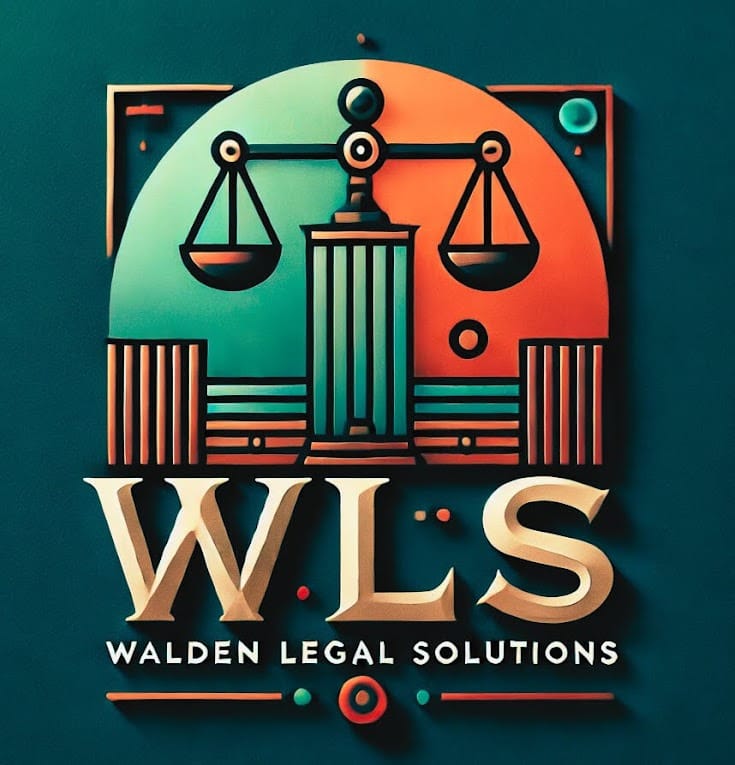Bankruptcy Alternatives You May Consider: Know Your Financial Options
Have You Considered Alternatives to Bankruptcy?
If you’re feeling overwhelmed by debt, you may wonder if bankruptcy is your only option. While bankruptcy can provide a fresh start, it’s not the only path to financial freedom. Below, we explore common alternatives to bankruptcy, their potential benefits, and the risks involved.
Common Alternatives to Bankruptcy
Debt Consolidation
Combine multiple debts into a single loan with a lower interest rate.
Pros: Simplifies payments, may lower interest rates.
Cons: Requires good credit, could increase overall debt burden.Payday Loan
Short-term loans to cover immediate expenses.
Pros: Quick access to funds.
Cons: High-interest rates, potential debt cycle.Debt Management Company/Plan
Work with a company to negotiate lower interest rates and create a repayment plan.
Pros: Professional assistance, structured plan.
Cons: Fees involved, success not guaranteed.Negotiating with Creditors on Your Own
Contact creditors to request reduced payments or interest rates.
Pros: No third-party fees, potential for debt reduction.
Cons: Requires negotiation skills, not all creditors may agree.Selling or Liquidating Assets
Sell valuable items to pay off debts.
Pros: Immediate cash to reduce debt.
Cons: Loss of sentimental or long-term valuable assets.Budgeting/Living Frugally/Financial Counseling
Create a strict budget to manage expenses and pay off debts.
Pros: Encourages financial discipline, no additional debt.
Cons: May take longer to clear debts, requires strict adherence.Borrowing from Family/Friends
Ask loved ones for financial assistance.
Pros: Flexible repayment terms, no interest.
Cons: Risk of strained relationships if unable to repay.Increasing Income Through Side Jobs/Freelancing
Take on additional work to generate extra income.
Pros: Increases cash flow, no new debt.
Cons: Time-intensive, may affect work-life balance.Borrowing from Retirement Accounts
Withdraw funds from retirement savings to pay off debts.
Pros: Quick access to funds.
Cons: Potential tax penalties, jeopardizes retirement savings.Credit Card Balance Transfer
Transfer debt to a card with a lower introductory interest rate.
Pros: Reduces interest temporarily.
Cons: High rates after the introductory period ends.Home Equity Loan/Line of Credit
Borrow against your home’s equity.
Pros: Lower interest rates than personal loans.
Cons: Puts your home at risk if you can’t repay.Waiting Out the Statute of Limitations
Wait until creditors can no longer legally collect on debts.
Pros: Debt may become uncollectible.
Cons: Creditors may pursue legal action before the statute expires.Doing Nothing
Avoid taking any action and hope for the best.
Pros: No immediate effort required.
Cons: Worsens financial stress, potential legal consequences.
Risks of Bankruptcy Alternatives
While these options may seem appealing, they come with risks such as:
- High-interest rates and fees.
- Potential loss of assets.
- Strained relationships with family or friends.
- Worsening mental and physical health due to prolonged financial stress.
Making the Right Choice for Your Financial Future
Every financial situation is unique, and there are pros and cons to each decision. To choose the best path, it’s essential to be well-informed and carefully weigh your options.
If you’re unsure which route to take, consulting with a bankruptcy attorney can help you explore all available options and make the best decision for your financial future.
Connect with us today for a stress-free legal experience!



